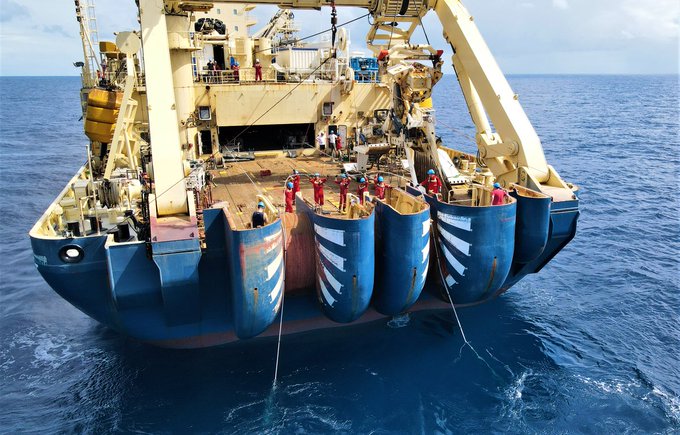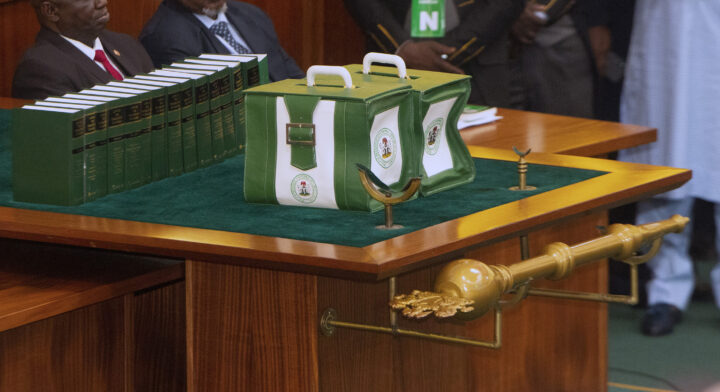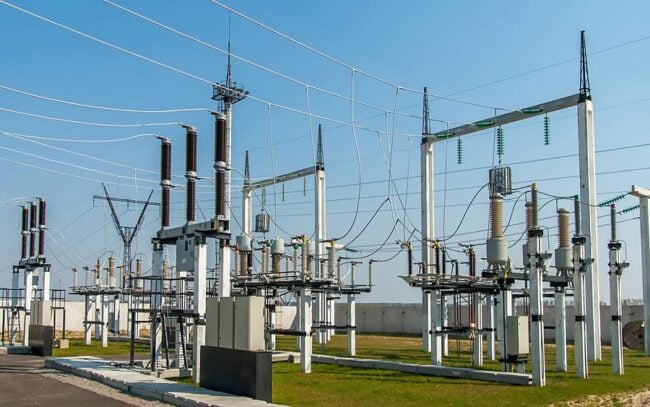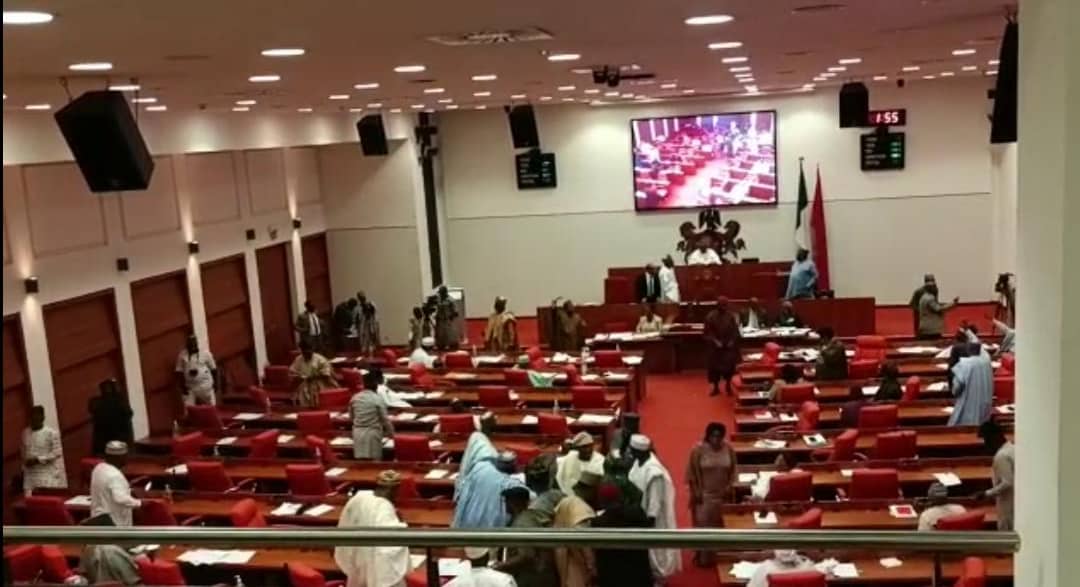The year 2022 was a major milestone for technological advancement in Nigeria. Many have ascribed this to the priority placed on improving digital services and infrastructure in the country.
Before now, there was a high dependency on crude oil which used to be the major input to the gross domestic product (GDP) of the economy. But with the rise of startups across sectors in Nigeria, digital technology boomed and it became a force to be reckoned with in the economy and national development.
According to the National Bureau of Statistics (NBS), information and communication technology (ICT) led the non-oil sector to contribute 94.34 percent to the country’s GDP. ICT contributed 20.32 percent to the GDP record in the third quarter of 2022.
In 2022, the ministry of communication and digital economy as well as the Nigerian Communications Commission (NCC) made commendable efforts to ensure noticeable developments in Nigeria’s digital sector.
Advertisement
Here are the major highlights that contributed to Nigeria’s digital sector advancement in 2022.
EQUIANO CABLE
The arrival of Google’s Equiano subsea cable in Lagos, Nigeria, was one of the biggest digital provisions in the country this year. Nigeria was the second destination in Africa after Togo and was named after Olaudah Equiano, a Nigerian-born writer and abolitionist.
Advertisement
The subsea cable offers a fifth-generation (5G) mobile service which runs from Portugal along the West Coast of Africa connecting Europe to Togo, Nigeria, Namibia, South Africa, and Saint Helena.
Its presence in Nigeria promises to revolutionise the internet experience for the over 214 million population and businesses in the country in many different ways.
According to Isa Pantami, minister of communications and digital economy, the Equiano undersea cable system is proof of the federal government’s commitment to providing an enabling environment that encourages foreign and local investments in the country.
5G SPECTRUM
Advertisement
In December 2021, after 11 rounds of bidding, Mafab and MTN Nigeria emerged as the two successful winners of the 3.5gigahertz (GHz) spectrum auction for the deployment of 5G technology in Nigeria.
MTN Nigeria kicked off an open 5G pilot ahead of commercial launch in seven cities, while Mafab is expected to do so in December 2022.
Meanwhile, the NCC announced that two additional 5G lots will be auctioned for the reserved price of $273 million and will be rolled out in 2023 after the licensee must have followed due process.
According to Umar Danbatta, executive vice chairman of NCC, the plan is to generate N500 billion as revenue for the federal government from the auctioning of two 5G spectrums in 2023.
Advertisement
STARTUP ACT
Before the startup bill was passed in July, the technology industry and entrepreneurs struggled to reach their peak, battled regulations and regulators, and had limited government support amongst others.
Advertisement
However, in October, President Muhammadu Buhari signed the bill into law. According to the minister of communications and digital economy, the bill will go a long way to create and develop an enabling environment.
Also, the startup act, 2022, makes provision for “the development and growth of technology-related talent”.
Advertisement
With the document, companies will be required to obtain a certificate known as the “startup label”, before they can be regarded as a startup entity.
According to the document, startups can also access a special seed fund created under the law. The fund will provide labelled startups with finance and relief to technology laboratories, accelerators, incubators and hubs.
Advertisement
BROADBAND PENETRATION
One major tool that contributes to technological advancement is aggressive broadband penetration.
In August, Danbatta said broadband penetration in the country climbed to 44.5 percent in July from 40.9 percent in February.
Broadband penetration refers to the number of subscriptions to fixed and mobile broadband services.
To achieve its goal of meeting the national broadband target of 70 percent in 2025, the federal executive council (FEC) approved the sum of N17.4 billion for the procurement of broadband infrastructure across the six geo-political zones.
This will also help bolster digital connectivity and expand access to information play as well as enhance the economy.
Add a comment






